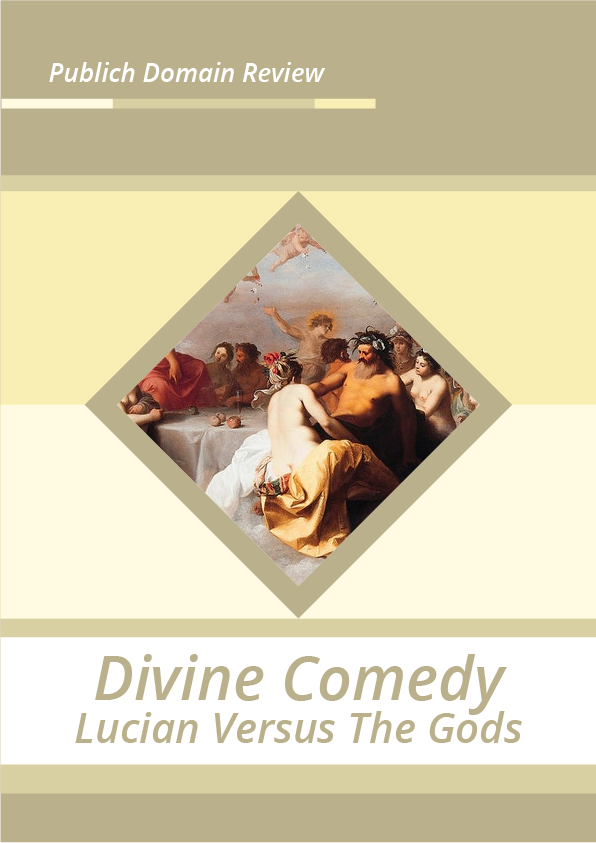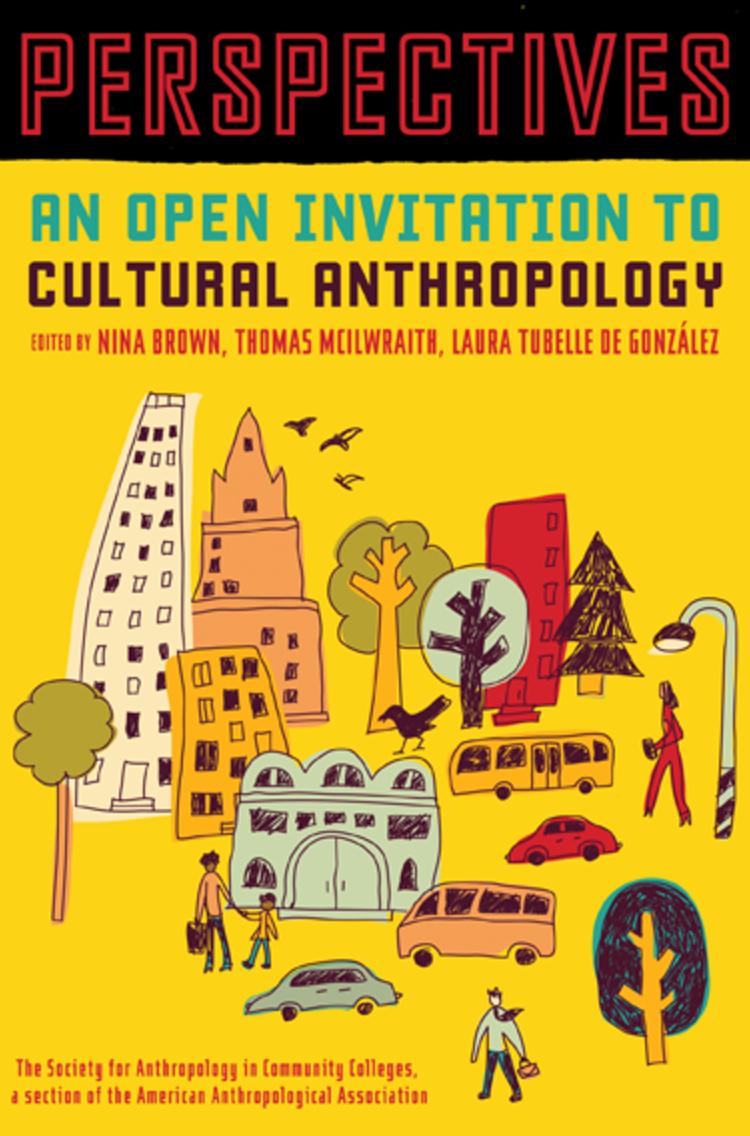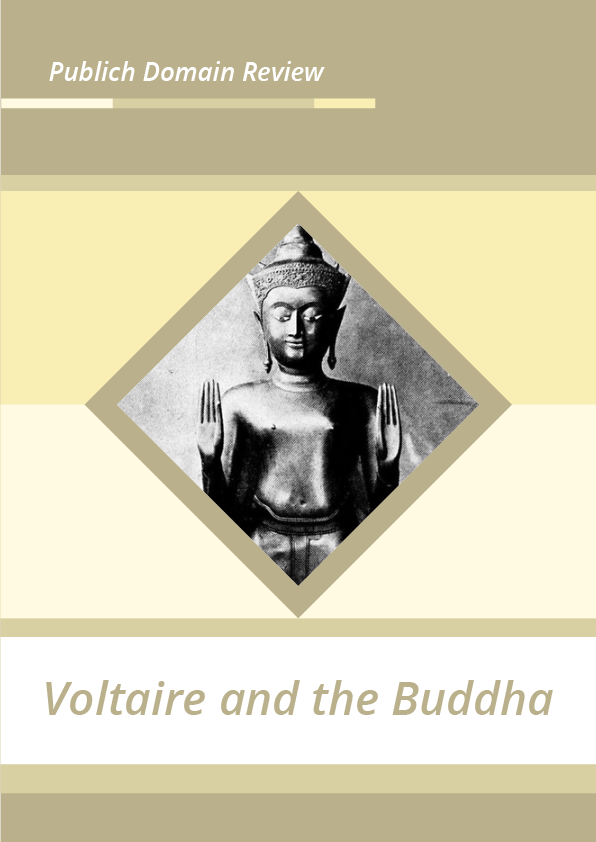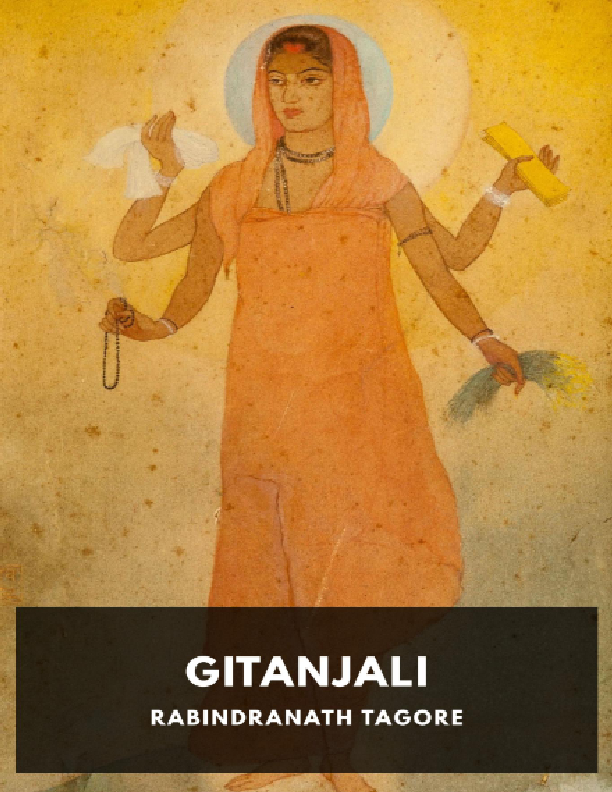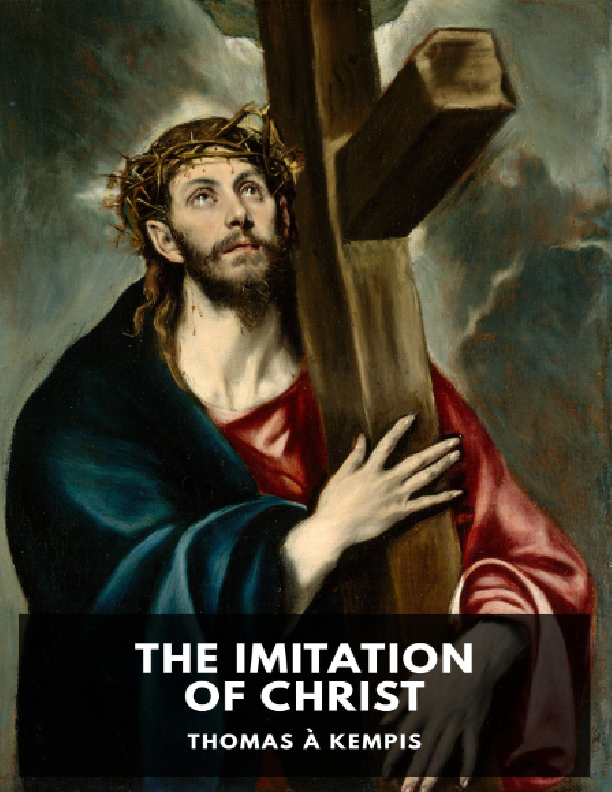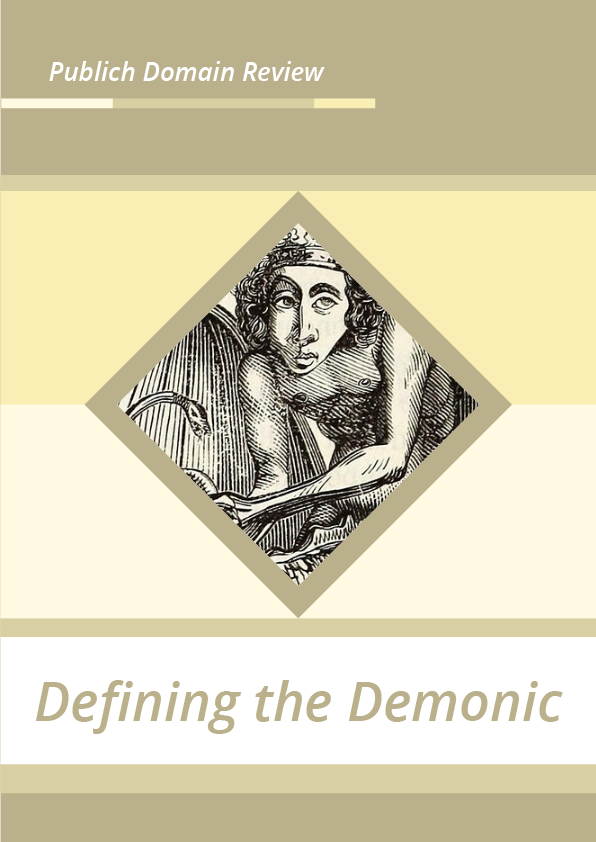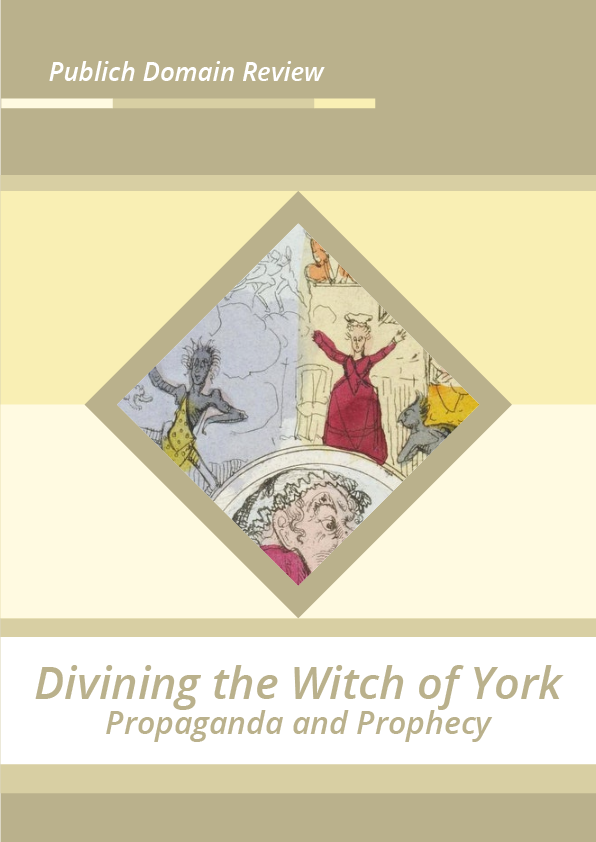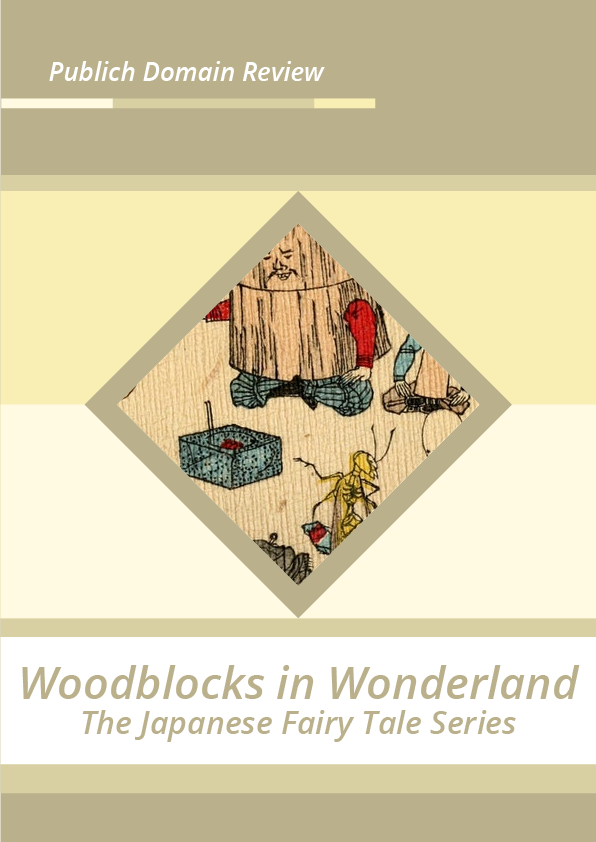With the twenty-six short comic dialogues that made up Dialogues of the Gods, the 2nd-century writer Lucian of Samosata took the popular images of the Greek gods and redrew them as greedy, sex-obsessed, power-mad despots. Nicholas Jeeves, editor of a new edition for PDR Press, explores the story behind the work and its reception in the English-speaking world.
Lucian of Samosata, who lived from ca. AD 125 to ca. AD 200, was an Assyrian writer and satirist who today is perhaps best remembered for his Vera Historia, or A True Story — a fantastical tale which not only has the distinction of being one of the first science fiction stories ever written, but also is a contender for one of the first novels.
A True Story is a stylish and brilliantly conceived work of the imagination, and readers may still delight in its descriptions of lunar life forms and interplanetary warfare, its islands of cheese and rivers of wine, and its modernistic use of celebrity cameos. But by the time of its writing, Lucian was already several years into a period of literary adventurism that had brought him considerable fame — and infamy — as one of the sharpest, funniest, and most original comic writers of the age. With the quartet of works consisting of Dialogues of the Courtesans, Dialogues of the Dead, Dialogues of the Gods, and Dialogues of the Sea-Gods, Lucian would not only scandalise some of the most influential and celebrated figures of the empire, but in what is perhaps the best known of these, Dialogues of the Gods, he would also furnish the permanent decline of belief in the gods themselves.
In Dialogues of the Gods Lucian conjures a series of short comic scenes in which we find the Greek gods domesticated. Here is Zeus, bluff and irritable, squabbling with Hera over his latest infidelity; there is Aphrodite, reprimanding Eros for making an old lady fall madly in love with a teenager. In Apollo & Dionysus, the adolescent god of wine frets about the over-endowed Priapus’ “growing” interest in him; in Pan & Hermes, Hermes tries to duck the issue of his paternity — “how should I come by a son with horns, and with such a shaggy beard and cloven feet, and a tail at his rump?” — until, that is, Pan tells him about the harem of nymphs he keeps in Arcadia. “Indeed… well — son — come hither and embrace me!”
With these twenty-six peeks behind the curtain of the great Hesiodic myths, Lucian draws up a sensational image of Heaven and the legends of its tenants, variously recasting them as impotent, venal, needy, irresponsible, opportunistic, sex-obsessed, and power-mad — hardly immaculate, but just like those made in their image, permanently insecure and just as prone to lowering thoughts and deeds.
Nicholas Jeeves is a designer, writer, and lecturer at Cambridge School of Art. He is also designer and editor of Lucian’s Dialogues of the Gods, a new edition of Lucian’s comic masterpiece out now on PDR Press.
